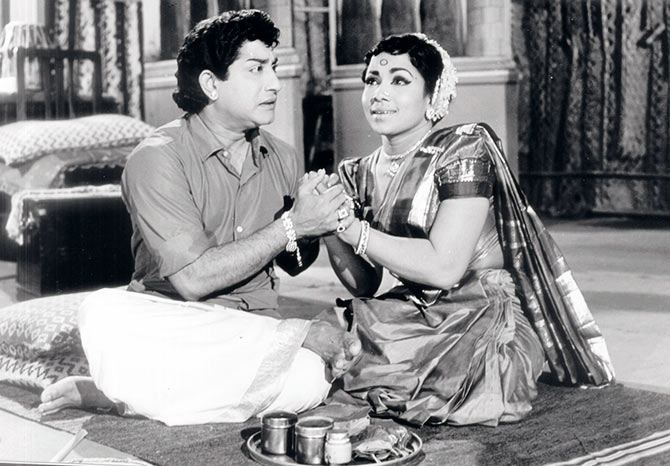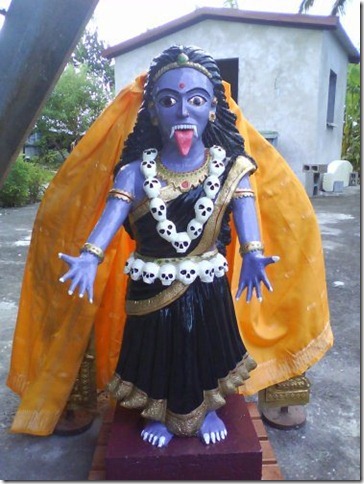 |
| Pic Credit: Thestatesman. Representative image Photo: AFP |
Ponggal, the harvest festival of the Tamils, is often perceived as a secular celebration, observed by various cultures under different names. However, a detailed analysis reveals that Ponggal holds significant religious connotations and is primarily associated with the Hindu Tamil community. From its origins in the Sidereal solar calendar to the specific rituals and deities revered during the festival, Ponggal distinctly aligns with Hindu practices, setting it apart from Christianity and Islam.
The Significance of Ponggal in the Sidereal Solar Calendar
Ponggal marks the day when the Sun enters the 10th zodiac, Capricorn, at an angle of 270 degrees - 300 degrees of the celestial sphere. This event, also known as Makara Sankranti in Sanskrit, is derived from the Sidereal solar calendar and coincides with the Winter Solstice. While any community following this calendar system may acknowledge this celestial moment, in Tamil society, only Hindu Tamils utilize the Sidereal solar calendar for their religious observances.
Gurukkals: Guardians of Ponggal's Date and Time
The date and time of Ponggal are meticulously calculated and determined by the Gurukkals (priests) of Hindu temples who maintain the Panjangam (Almanac). Conversely, the Gregorian calendar is followed by Tamil Christians, while Tamil Muslims adhere to the Hijri lunar calendar. As such, Pastors and Imams do not base their religious or cultural celebrations on the Panjangam, further distinguishing Ponggal as a Hindu event.
Distinctive Rituals and Deities in Ponggal
Ponggal unfolds over three days, each marked by unique rituals and devotional offerings. The eve of Ponggal, Bhogi Pandigai, commemorates Indra, the lord of heaven, also known as Bhogindra or Bhogan, and is a day to express gratitude for rain and favorable weather. This deity holds significance solely in Hindu belief, making Bhogi Pandigai a Hindu celebration.
The first day of Ponggal, Surya Ponggal, involves worship of the Sun, Hari (Vishnu), and Lakshmi, symbolizing life, preservation, and prosperity, respectively. The veneration of celestial objects is exclusive to Hindus, setting Surya Ponggal apart as a Hindu occasion.
On the second day, Maatu Ponggal, bulls and cows receive worship, particularly in Hindu temples during Nandi worship. Although Jallikattu, a traditional sport involving bulls, is observed on this day, Hindu Tamils revere these animals and abstain from consuming beef, distinguishing Maatu Ponggal as a Hindu event.
The final day, Kaanum Ponggal, is devoted to fertility and features rituals honoring the virgin goddesses, Kanni deivam. This practice, unique to rural Tamil Nadu, reflects Hindu beliefs in seeking the blessings of these goddesses for fertile land. Kaanum Ponggal's association with Sakthi worship and the reverence of young unmarried girls as SapthaKannimaar aligns with Hindu traditions, making it exclusive to Hindu Tamils.
Conclusion: Ponggal as a Distinctly Hindu Festival
From its calendar basis to the specific rituals, deities, and practices involved, Ponggal bears the distinct hallmarks of Hinduism. While individuals of different faiths may partake in Ponggal celebrations alongside Hindus, the festival's essence and spiritual significance remain rooted in Hindu culture and belief. Acknowledging the non-secular nature of Ponggal does not imply opposition to participation by non-Hindus; rather, it serves to recognize and appreciate the cultural and religious heritage of this cherished Tamil harvest festival.
















